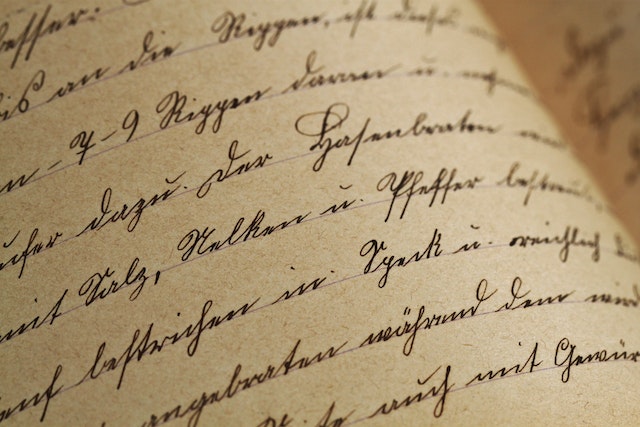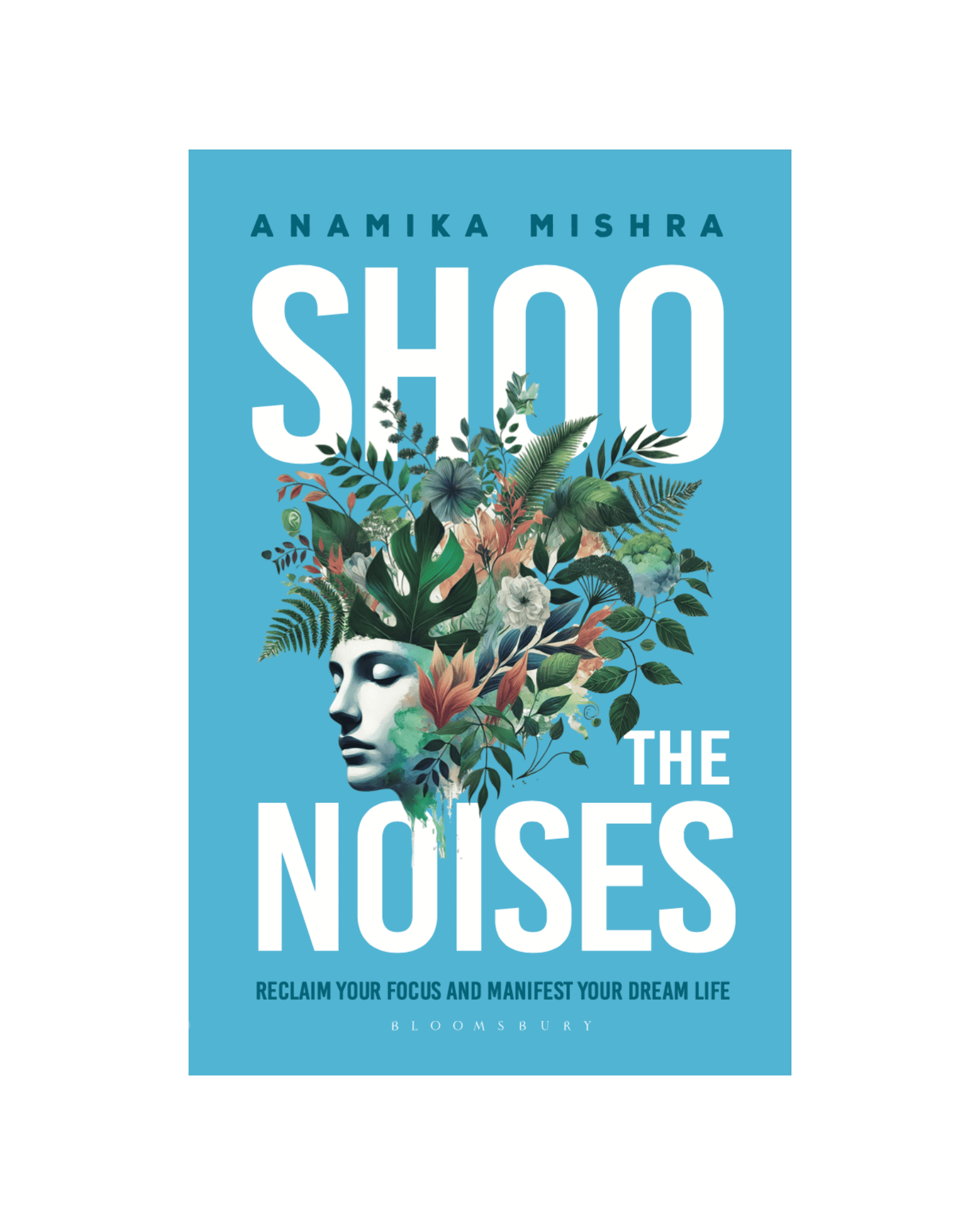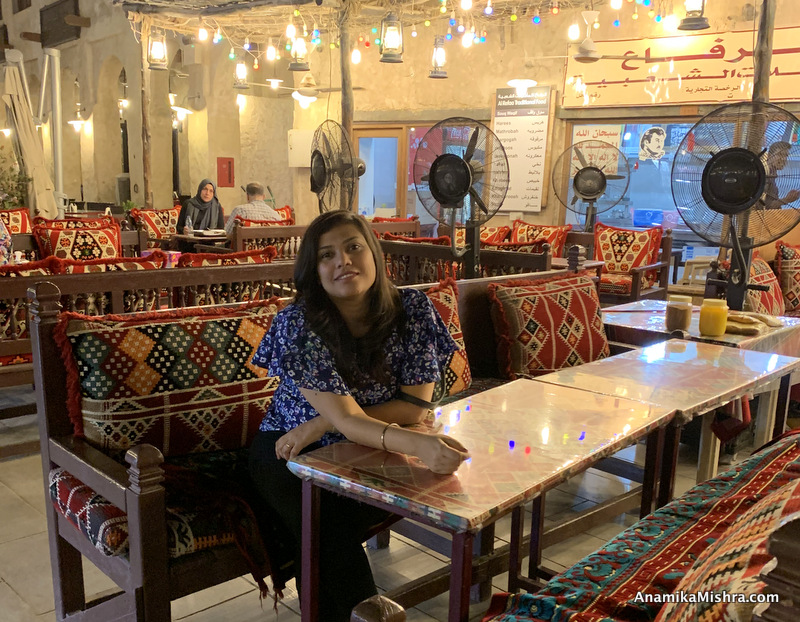Actually if we talk about the number of languages in the World, it is next to impossible to get a correct answer. There are just so so SO many languages in the world. I was researching on web the other day and I read that according to recent survey, there are around 6810 languages in the world. In India itself, there are more than 390 languages spoken. This is really a huge number!
Often there are long debates about the oldest language in the world. Actually, there is no solid proof that which language is the oldest. But in this post, I am sharing 8 of the many oldest languages in the world. These are not in any order. I am listing it randomly.
8 Oldest Languages in the World

1. Sanskrit:
– Age: Approximately 1,500 BCE to present.
– Region: Ancient India and still used in religious, scholarly, and literary contexts.
– Significance: Sanskrit is one of the oldest known Indo-Aryan languages and has a well-documented history. It is considered the language of the Vedas and other ancient Indian texts. Sanskrit has played a significant role in the development of various Indian languages and continues to be used in traditional Hindu religious rituals and classical literature.
2. Sumerian:
– Age: Approximately 4,500 to 2,000 BCE.
– Region: Mesopotamia (modern-day Iraq).
– Significance: Sumerian is considered the oldest written language known to humanity. It was used by the ancient Sumerians and had a significant influence on the development of later languages in the region.
3. Akkadian:
– Age: Approximately 2,800 BCE to 500 BCE.
– Region: Mesopotamia (modern-day Iraq, Syria, and Turkey).
– Significance: Akkadian was a Semitic language spoken by the Akkadians and Babylonians. It is the earliest attested Semitic language and was used as a lingua franca in the region for several centuries.
4. Tamil:
– Age: Around 2,200 BCE to present.
– Region: Tamil Nadu, India, and parts of Sri Lanka.
– Significance: Tamil is one of the oldest living classical languages in the world. It has a rich literary tradition spanning over two millennia and has contributed significantly to the development of South Asian literature, art, and philosophy.
5. Hebrew:
– Age: Approximately 1,200 BCE to present.
– Region: Ancient Israel and present-day Israel.
– Significance: Hebrew is a Semitic language and has a written history that dates back to the ancient Hebrew Bible (Old Testament). It underwent a revival in the late 19th and early 20th centuries and is now the official language of Israel.
6. Chinese:
– Age: Approximately 1,200 BCE to present.
– Region: China and various East Asian countries.
– Significance: The Chinese language has a continuous written tradition spanning over three millennia. Classical Chinese, used in ancient texts, evolved into modern Standard Chinese (Mandarin), which is spoken by the majority of Chinese people today.
7. Greek:
– Age: Around 1,200 BCE to present.
– Region: Greece and various regions influenced by Ancient Greece.
– Significance: Ancient Greek is the language of the Homeric epics and the classical works of Plato, Aristotle, and others. It has greatly influenced Western literature, philosophy, and science. Modern Greek is the descendant of this ancient language.
8. Egyptian:
– Age: Around 3,200 BCE to 600 CE (Classical Egyptian).
– Region: Ancient Egypt.
– Significance: Egyptian hieroglyphs are one of the oldest known writing systems. The language evolved over time, with Old, Middle, and Late Egyptian stages. It was widely used in administrative, religious, and literary contexts throughout ancient Egyptian civilization.
Also read:
15 Amazing Facts About Sanskrit That Will Blow Your Mind
The Serai, Bandipur -Luxury Jungle Resort For Relaxing Stay Amidst Nature
8 Oldest Temples In India that you MUST visit
If you like reading novels, do check out my bestselling novels as well. Do follow me on my instagram and facebook and be a part of my social media fam to get realtime updates from me! And just in case you don’t know, I also have a Youtube Channel, subscribe me there for my travel vlogs and other interesting stuff. Thanks in advance!



